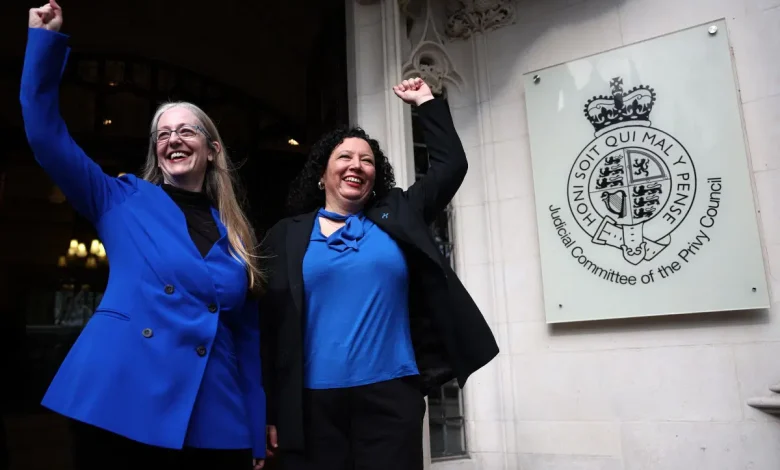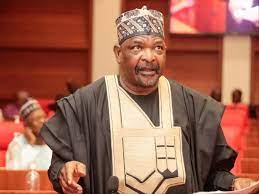UK’s top court to rule on how to define a ‘woman’

Equalities campaigners in the UK are awaiting a landmark ruling from the Supreme Court on Wednesday that could significantly impact the rights of transgender women to access single-sex services and spaces.
The case centers on whether the definition of “woman” in the Equality Act 2010 includes transgender women who hold a Gender Recognition Certificate (GRC). The decision could influence policies on public appointments, women-only spaces, and broader legal protections for trans people.
The legal challenge was brought by the gender-critical group For Women Scotland (FWS), which opposes the Scottish government’s position that trans women with GRCs can occupy roles on public boards reserved for women. FWS, which receives support from author JK Rowling and the campaign group Sex Matters, argues that “woman” in the Equality Act should refer only to individuals born female.
They also contend that clearer legal definitions are needed to determine who can access women-only services, particularly amid concerns that people self-identifying as trans—without holding a GRC—are being allowed into these spaces.
The Scottish government, supported by trans rights groups and legal experts, has defended its interpretation. Its lawyers argue that under the Gender Recognition Act 2004, a GRC changes an individual’s legal sex “for all purposes,” thereby entitling them to the same legal protections as women assigned female at birth.
A ruling in favor of the Scottish government could prompt calls to formally clarify the Equality Act’s wording to reinforce the rights of trans women. Conversely, a ruling in favor of FWS would likely increase pressure on the UK government to amend the act to restrict access to single-sex spaces and compel the Scottish government to reverse its policies on gender representation.
The court has faced criticism for excluding trans women from directly participating in the case. While the civil rights group Amnesty UK was permitted to argue in support of the Scottish government, retired judge Victoria McCloud—who changed her legal sex over two decades ago—was denied a hearing. She called the decision unjust, stating that “the only affected group was excluded.”
The ruling is expected to have far-reaching implications for equality law and trans rights across the UK.





